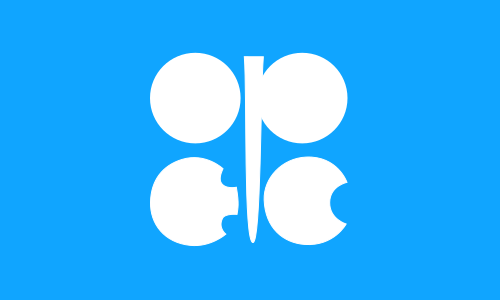The Catholic Church is emerging as a world diplomatic influence again after the relatively dormant papacy of Benedict XVI. United States President Barack Obama announced this week that he and Cuban president Raul Castro have agreed to reopen American-Cuban relations and that this agreement was brokered by Pope Francis.
It makes sense that Pope Francis would make his first attempts at diplomacy in the Western Hemisphere. Francis is the first Latin American pope and the first pope from outside of Europe since Gregory III of Syria in 741. Unlike Pope John Paul II, who is famous for condemning communism in Easter Europe after growing up a Pole in communist Poland, Francis isn't from Europe and therefore isn't as familiar with European problems and diplomacy. Instead, Francis chose an arena that he is familiar with as the former Archbishop of Buenos Aires - the Americas. So, Francis and the Vatican diplomats facilitated the talks between the
United States and Cuba, ending over 50 years of cold relations between
the two nations.
However, Francis is not limited to the troubles of the Western Hemisphere. The Vatican's location in the heart of Italy allows him to address the geopolitical issues of Europe, the Middle East, and Africa. In fact, Francis has already begun calling for a halt of religious persecution in the Middle East and successfully called for the release of Meriam Ibrahim, an Ethiopian Christian sentenced to death for her faith. While these examples demonstrate this pope's willingness to call out for those in need around the world, they do not actually involve any concrete diplomacy and influence as the United States-Cuba agreement did. However, such options will be available to Francis now that he has already started work as a world diplomat.
As previously mentioned, the Vatican used to enjoy a large influence on world politics. From before the Middle Ages and into the Reformation, the Papacy had a large amount of authority over governments as it was considered to be the ultimate religious authority on earth. After the unification of Italy (of which the Pope did not approve), the Vatican lost its influence over politics until the rise of the fascists in Italy in the 1920's when the Vatican became a separate entity with the Lateran Treaty. However, the Vatican was not nearly restored to its previous prestige and influence until the papacy of John Paul II who was an ardent anti-communist. In the 1980's, the work of John Paul II as a diplomat was so important that many consider him to be as important as Margaret Thatcher and Ronald Reagan in the fall of communism in Eastern Europe. John Paul II's successor was rather inactive in world diplomacy, but with this move by Pope Francis to reopen United States-Cuba relations, the Vatican may be returning as leader of world politics.














